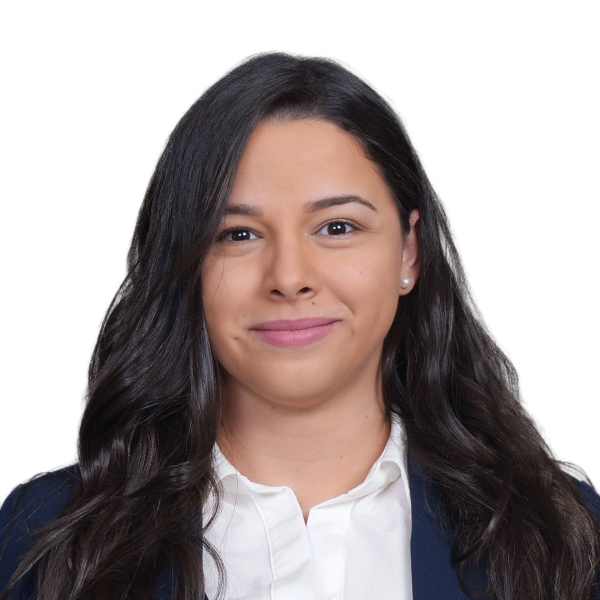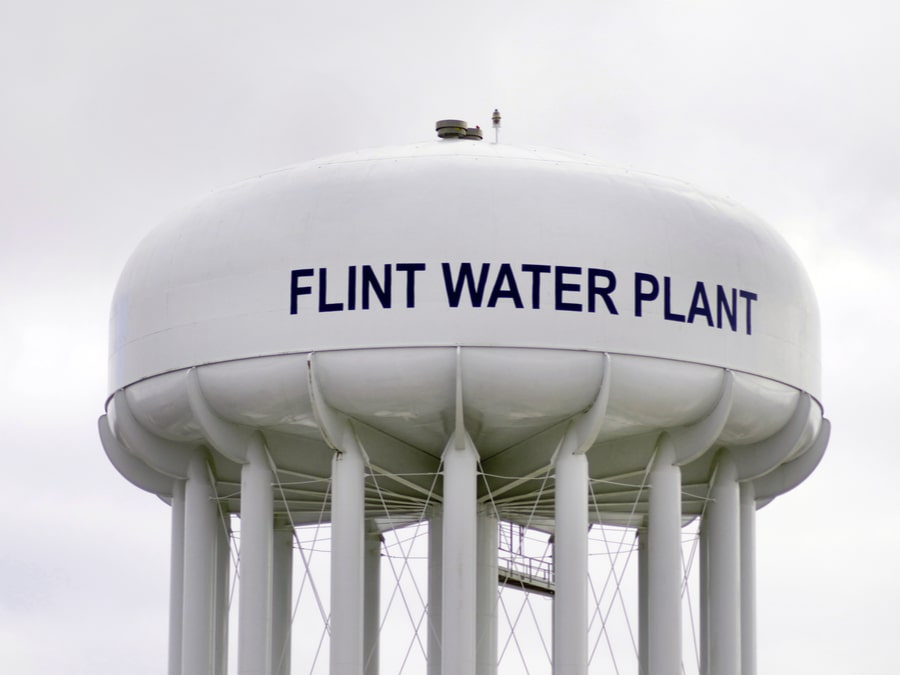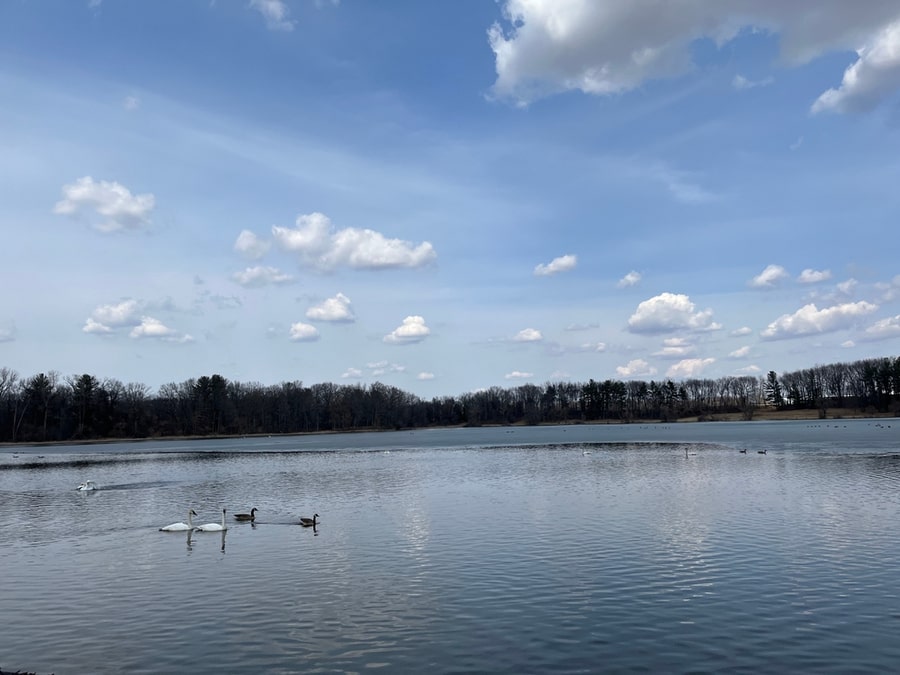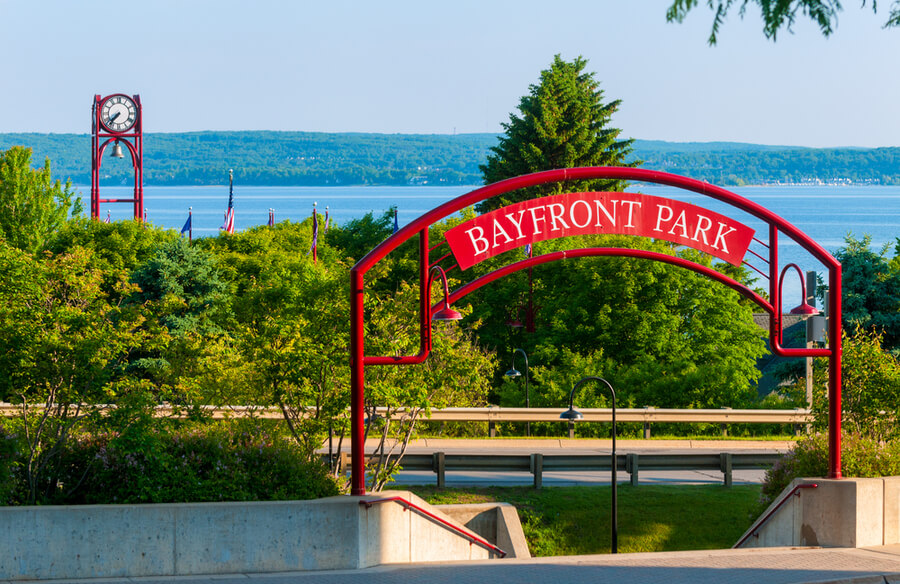Michigan is a state located in the Great Lakes region and well-known for its automotive industry, diverse landscapes, and as a major player in manufacturing and agriculture. The state has a population of approximately 10 million people, with a racial composition of about 75% White, 14% African American, 5% Hispanic or Latino, and 3% Asian.
Michigan is not exempt from the harsh reality that is affecting the country, facing significant challenges with substance abuse, particularly involving opioids and alcohol. Substance abuse is not only a public health crisis but also a significant barrier to Michigan’s economic development and social progress. The epidemic strains the healthcare system, increases law enforcement and social service costs, and reduces workforce productivity.
In a state heavily reliant on its industries, substance abuse affects employee performance, increases absenteeism, and leads to higher rates of unemployment. The economic toll is estimated to be in the billions, factoring in healthcare costs, lost productivity, and the burden on social services.
Table Of Contents:
Drug and Alcohol Abuse in Michigan
Michigan is one of the states trying to fight the increased rates of substance abuse. In 2022, the state recorded 2,354 opioid-related deaths, with -like in other cases- synthetic opioids like fentanyl contributing heavily to the rising fatality rates.
The crisis that is hitting this state is not limited to opioids since alcohol abuse also remains prevalent, with 1,117 alcohol-related deaths recorded in 2020.
Beyond opioids and alcohol, Michigan has seen troubling trends with other substances as well, such as cocaine and methamphetamine, especially in urban areas like Detroit, where cocaine-related overdoses have been on the rise.
In 2020, the state reported over 900 cocaine-related deaths, a sharp increase from previous years. Methamphetamine use, while less widespread than opioids, continues to grow, particularly in rural areas, contributing to a broader substance abuse crisis.
When talking about substance abuse in teenagers, the numbers are also growing. Around 6.9% of the state’s teenagers have reported alcohol use in the past month, and 4.8% admitted using marijuana. The use of marijuana among teens has been increasing, especially following the state’s legalization of recreational marijuana in 2018, raising concerns about the long-term impact on youth development and mental health.
Besides marijuana, prescription drug abuse among teenagers is a rising issue, with many young people accessing medications from family members’ prescriptions and increasing addiction rates among them. These patterns of substance use among Michigan’s youth signal potential future challenges in public health and safety, emphasizing the need for targeted prevention and intervention efforts across the state.
Rehab Treatment Centers in Michigan
Michigan has a wide network of rehab centers offering different services to people with substance and alcohol use disorders. The network entails inpatient, outpatient, detox, and dual-diagnosis treatments.
The state is home to over 480 outpatient facilities and 140 inpatient centers, which are specialized in various needs, including alcohol use disorder, opioid addiction, and co-occurring mental health issues.
Inpatient Rehab in Michigan
By 2020, Michigan had around 140 inpatient rehab centers, which play a crucial role in addressing the state’s growing substance abuse crisis. These centers provide structured and intensive care for individuals with severe substance use disorders, offering a controlled environment where patients can focus entirely on their recovery.
Inpatient treatment is particularly beneficial for those who have struggled with long-term addiction or have not succeeded with outpatient programs. The average length of stay in these facilities varies from 30 to 90 days, depending on the severity of the addiction, the presence of co-occurring mental health disorders, and the individual’s progress in treatment.
Outpatient Rehab in Michigan
The state has over 480 outpatient treatment centers, offering a wide array of services that provide flexibility for individuals who need to balance treatment with daily responsibilities such as work, school, or family obligations.
Outpatient services in Michigan range from regular outpatient programs, which typically involve weekly counseling sessions and group therapy, to more intensive outpatient programs (IOPs) that require several hours of therapy multiple times per week. These programs are designed to provide a higher level of care while still allowing patients to return home each day.
These outpatient treatment centers in Michigan are equipped to address various substance use disorders, including opioid addiction, alcohol dependency, and other drug-related issues. They often incorporate a multidisciplinary approach, combining medical treatment, behavioral therapies, and support groups.
Alcohol Rehab in Michigan
This state has around 530 facilities that are specialized in alcohol addiction treatment. Each one of these facilities offers services specifically designed to address the complexities of alcohol dependency. They are spread across both urban and rural areas, ensuring that residents throughout the state have access to the care they need.
Urban centers like Detroit, Grand Rapids, and Lansing are home of a lot of these facilities, providing easy access to comprehensive treatment options for those living in more densely populated areas. Meanwhile, rural regions have also seen an increase in alcohol rehab facilities, reflecting the public efforts to reach underserved populations.
Mental Health and Co-occurring Disorders
Approximately 58% of individuals in this state who need treatment for substance use disorder have also been diagnosed with co-occurring mental health conditions. The state has 420 facilities that offer integrated treatment, addressing both substance use and mental health disorders simultaneously.
Rehab Prices in Michigan
Rehab costs in Michigan vary depending on the type and duration of treatment:
| Type of Rehab | Cost Range |
|---|---|
| Outpatient Rehab |
$1,800 to $10,000 for a 30-day program |
| Inpatient Rehab | $7,500 to $22,000 for a 30-day program; long-term programs can range from $22,000 to $65,000 |
| Detoxification Only (Detox) | $1,200 to $5,500 for a 3- to 7-day program |
| Medication-Assisted Treatment (MAT) | $600 to $1,400 per month |
| Luxury Rehab | $32,000 to $110,000 or more for a 30-day program |
Insurance and Payment Options
Michigan has made strides in making rehab more accessible by ensuring many facilities accept various forms of insurance, including Medicaid and Medicare. As of 2020, 450 facilities in Michigan accepted Medicaid, and 220 accepted Medicare. Additionally, many centers offer sliding fee scales or provide services free of charge for those who qualify based on financial need.
| Insurance/Payment Type | Number of Facilities |
|---|---|
| Medicaid | 450 |
| Medicare | 220 |
| Private Insurance | 400+ (Estimated) |
| Sliding Fee Scale | 310 |
| Free Services | 190 |
Private Insurance that Covers Drug and Alcohol Rehab in Michigan
In Michigan, many private insurance plans cover drug and alcohol rehab, offering a range of options for individuals seeking treatment. It’s important to note that coverage can vary based on the specific plan and policy, including factors such as deductibles, copayments, and the network of approved providers.
Some of the major private insurance providers that typically offer coverage for substance abuse treatment in Michigan are:
1. Blue Cross Blue Shield of Michigan (BCBSM):
Offers comprehensive coverage for various levels of care, including inpatient, outpatient, and medication-assisted treatment (MAT).
2. Aetna:
Aetna offers coverage for a wide array of substance abuse treatment services, including detox, inpatient rehab, outpatient services, and mental health care.
3. Cigna:
Cigna covers a variety of treatment options for drug and alcohol addiction, often including inpatient and outpatient rehab, detox programs, and aftercare services.
4. UnitedHealthcare:
This insurance company offers coverage for substance abuse treatment, with options that typically include detox, inpatient rehab, outpatient programs, and dual diagnosis treatment.
5. Humana:
This insurance’s plans often cover different levels of addiction treatment, from detox to inpatient and outpatient rehab, as well as aftercare support.
6. Molina Healthcare:
Even when traditionally focused on Medicaid, Molina Healthcare also offers marketplace plans that provide coverage for substance abuse treatment, including both inpatient and outpatient care.
7. Priority Health:
This is a regional provider based in the state that covers various addiction treatment services, including inpatient and outpatient rehab, detoxification, and mental health services.
Best Rehab Centers in Michigan
Some of the top-rated rehab centers in Michigan include:
-
{{ hub.label }}
{{ hub.title }}
- {{ mainTag }}
{{ hub.address }}
No results for these selections.
-
Treatment Center
Harbor Hall, Petoskey, Michigan
704 Emmet Street, Petoskey, MI
Drug Rehab in Michigan – Bottom Line
Michigan offers a robust network of treatment centers that cater to a wide range of needs. The state’s proactive approach to addressing substance abuse is evident in the availability of specialized treatment options and the expansion of accessible services through insurance and financial assistance programs to help those in need.
Hope Without Commitment
Find the best treatment options. Call our free and confidential helpline
Most private insurances accepted
Find Drug Rehabilitation Centers Near You Anywhere In the US
Addiction Resource team has compiled an extensive list of the top drug rehabilitation facilities around the country. Click on the state you are interested in, and you'll get a list of the best centers in the area, along with their levels of care, working hours, and contact information. Haven't found the rehab you need? Call the toll-free helpline below for professional assistance.

- Alabama
- Alaska
- Arizona
- Arkansas
- California
- Colorado
- Connecticut
- Delaware
- Florida
- Georgia
- Hawaii
- Idaho
- Illinois
- Indiana
- Iowa
- Kansas
- Kentucky
- Louisiana
- Maine
- Maryland
- Massachusetts
- Michigan
- Minnesota
- Mississippi
- Missouri
- Montana
- Nebraska
- Nevada
- New Hampshire
- New Jersey
- New Mexico
- New York
- North Carolina
- North Dakota
- Ohio
- Oklahoma
- Oregon
- Pennsylvania
- Rhode Island
- South Carolina
- South Dakota
- Tennessee
- Texas
- Utah
- Vermont
- Virginia
- Washington
- West Virginia
- Wisconsin
- Wyoming
Page Sources
- Michigan.gov: Michigan addressing racial disparities in overdose deaths through harm reduction, other data-driven programs in the upcoming year
- Alcohol Abuse Statistics [2023]: National + State Data - NCDAS. (2024, May 2). NCDAS. https://drugabusestatistics.org/alcohol-abuse-statistics/
- NIDA: Drug Overdose Death Rates
- Michigan.gov: Substance Use Disorder
- National Survey of Substance Abuse Treatment Services. (2021, July 14). https://www.samhsa.gov/data/data-we-collect/n-ssats-national-survey-substance-abuse-treatment-services
- Michigan.gov: Treatment
- SAMHSA: Key Substance Use and Mental Health Indicators in the United States: Results from the 2022 National Survey on Drug Use and Health

 Authored by
Authored by  Reviewed by
Reviewed by 



